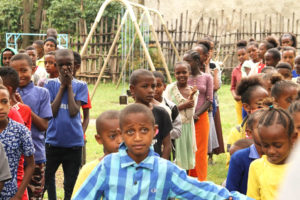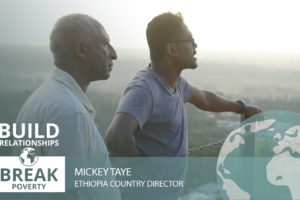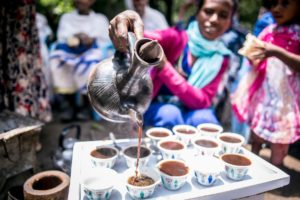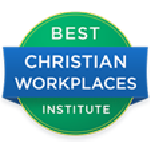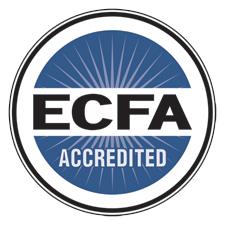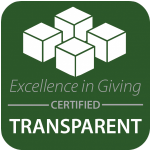Shone Gerbe CarePoint


Shone town is a major town of Badawacho Wereda, Hadiya Zone, South Ethiopia. The town is about 142 miles from Addis Ababa, the capital city of Ethiopia. Geographically, the town is located in the low land. The population of the town is estimated to be around 61,000. Commonly spoken languages are Amharic, Hadiyisa, and others.
Shone Gerbe CarePoint is located in the southern region of Ethiopia. This CarePoint has had a partial partnership since 2019 and is ready to enter the next level of development with additional relationships. Currently, there are 150 children receiving support at the CarePoint, but just over half of them are sponsored. Due to the low sponsorship number and limited resources, the CarePoint is not able to enroll more vulnerable children into the program and cannot fully support the community. An additional partnership with the Shone Gerbe CarePoint will allow the children to continue to grow physically, spiritually, and emotionally.
About the Community
Assets
- Economic: Most of the people in the community are engaged in agriculture — mainly small-scale crop production. Non-agricultural occupations include small businesses, enterprises, and employment in government and private organizations. There are many business activities in the city.
- Employment: Many community members are retired and former soldiers, and are now employed in private companies in non-professional jobs such as daily laborers and guards.
- Leadership: The Shone Gerbe CarePoint already has a local team in place, lead by Tesfaye Shanko.
Challenges
- Agriculture: Although many community members are more involved in selling agricultural products to the local market during harvest seasons, dry seasons are difficult and people struggle to have enough food to sustain themselves. Also, purchasing farm necessities like seeds and fertilizers are hard to afford.
- Health: Studies show that there is a high rate of HIV prevalence in the town and surrounding community. Due to low access to clean water and sanitation problems, waterborne diseases are common in the area. Access to clean water is a big problem in the community. Most of the community members are using ponds, which are not safe to drink. They are getting clean water once a week by shifts. Children in the community experience malnutrition and exposed to infectious diseases (like typhoid, typhus, amoeba, giardia, etc.). There is only one government health center and only one doctor for the whole Badawacho Wereda community.
- Education: The town has two government elementary schools (from grades one to eight) and one secondary school. This is the only high school for the whole community in a 20 km radius. High school students must travel a long distance every day. Parents financially struggle and are not able to provide school uniforms and scholastic materials for their children to send them school.
- Children / Gender: Children are required to perform various household and farm chores. Children have to work on farms before and after school and also during weekends. Girls in particular have double roles in the family as helpers in the domestic unit and as a source of labor for the family farm.
How many Friendships are available?
100-150
How many other partnerships are there at this CarePoint?
One
Watermark Church
What is HopeChest's model?
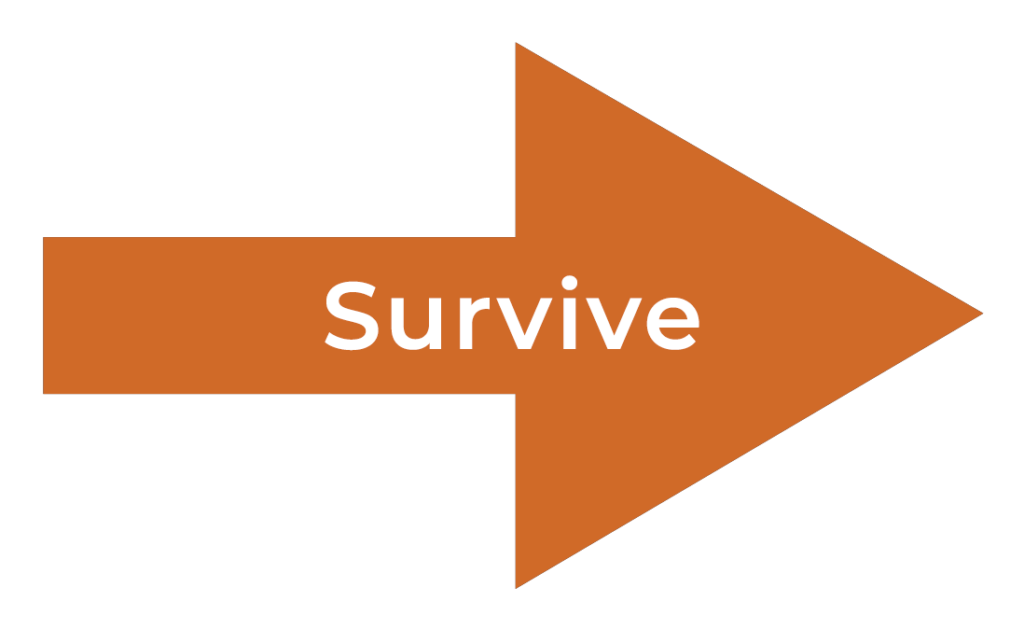
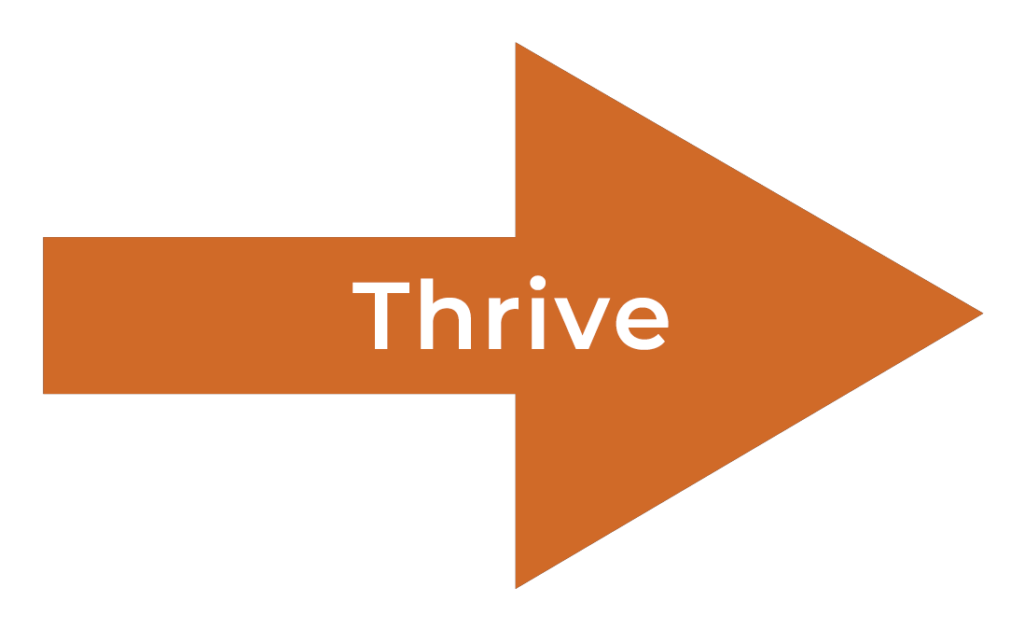
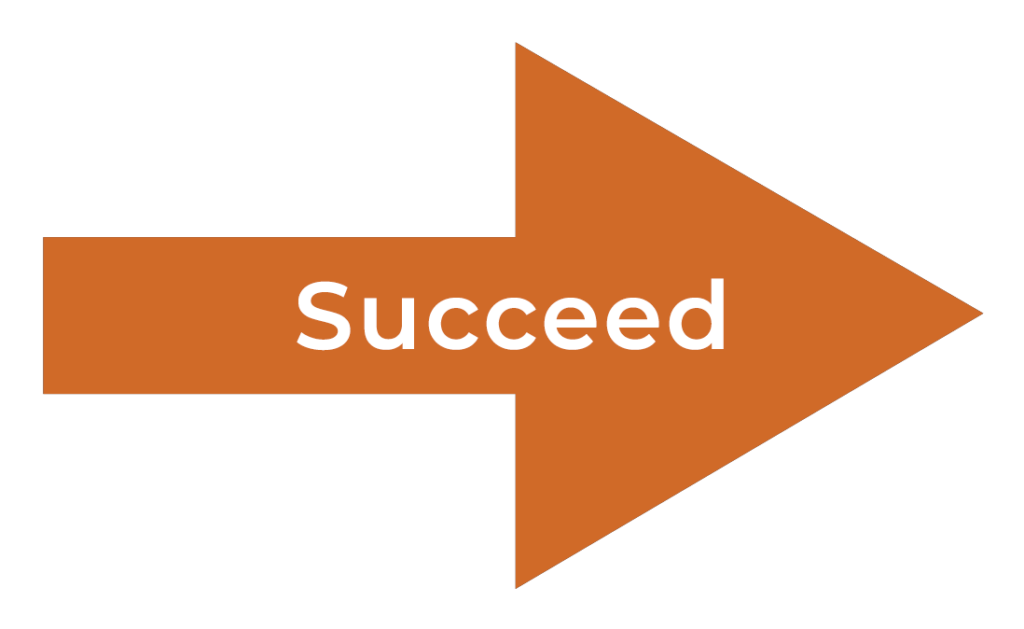
We believe the most transformational, holistic, sustainable, and long-term change occurs when one community partners with another. Learn more about our approach.
What does a partnership consist of?
Monthly Support
Programs
Projects
Fundraising
Partner Visits
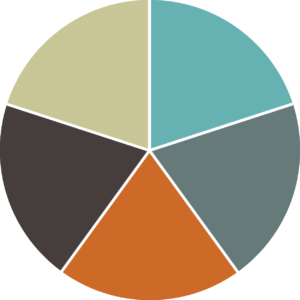

Monthly Support
Unlike traditional child sponsorship models, the Friendship Model reframes our perspective on child sponsorship by reducing the perpetuation of paternalism. It also helps frame the perspective that financial support has a broader impact on the community and is not focused on only the individual child. Learn more about the Friendship Model.
out of 150
$70,875 per year
If 70% of the children are supported, there would be minimal to average ongoing programming.
We would establish an annual plan; with people and resources needed; a community leadership team; Friendship Model relationships; discipleship; educational, nutritional, and medical support (varied, basic); monthly reporting; and some training for youth, parents, guardians.
out of 150
$101,250 per year
If 100% of the children are supported, there would be full programming with regular discipleship, nutrition, education and enhanced medical support
There would also be ongoing social/emotional support; available funds for “Succeed Initiatives” such as income-generating activities, and revenue-generating activities training; seed money; cultural celebrations; additional training; and ongoing impact reporting.
Nutrition: Ensure that children receive a nutritious meal – initially, two times per week – to fortify the diet of students and, thereby, improve their learning and school performance. In three years, we plan to increase this up to five times per week.
Health: Improve the quality of the health and nutrition of the children attending to the CarePoint. This will help them increase their attention span in class and improve their school learning.
Discipleship: Teach practical areas of life such as identity, health, community and economics, all of which are based on Biblical principles so that each child recognizes their own responsibility in seeking a life of dignity and purpose.
Education: Help the educational process with a tutoring program during after-school hours. At the same time, we want to involve the parents in the educational process. To accomplish this, we want to conduct three training sessions during the year where qualified people will be invited to share with parents about the value of education. We will integrate technology in the learning process and new school regulations are issued, giving the children access to internet, printing and photocopying materials and access to a tablet to download their homework.

programs
Monthly gifts from your community members through the Friendship Model will support the regular activities of the CarePoint; however, these gifts do not cover all programming needs. We often request funds to support medical, education, and nutrition needs to supplement things like medical emergencies, higher education costs for some students, and even special nutritional support.
![]() Income Generating Activities: $12,000
Income Generating Activities: $12,000
![]() Education: $8,000
Education: $8,000
![]() Nutrition and Medical: $8,000
Nutrition and Medical: $8,000
![]() Youth Leadership and Vocational Training: $5,000
Youth Leadership and Vocational Training: $5,000
*estimated costs over 10 years

Projects & Fundraising
For each CarePoint and community, a formal Community Profile and Risk Assessment will have been completed by our staff before we begin programming. Those factors, with the vision and dreams of the community, are combined to form a comprehensive plan for this community over time. Every project cost that has been listed will be evaluated with a formal proposal and evaluation when it comes time to fundraise and implement the project.
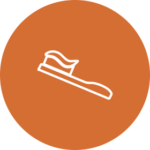
Clean water project and water kiosks (priority project): $30,000



Bathroom: $17,000


Computer training: $8,000


Partner Visits
One of the most exciting aspects of a HopeChest partnership is the opportunity to visit your CarePoint community! HopeChest does not host traditional mission trips. Rather, “partner visits” focus on traveling to your CarePoint community with the goal of building meaningful and lasting relationships. HopeChest offers both virtual and in-person travel opportunities. Learn more about partner visits.



